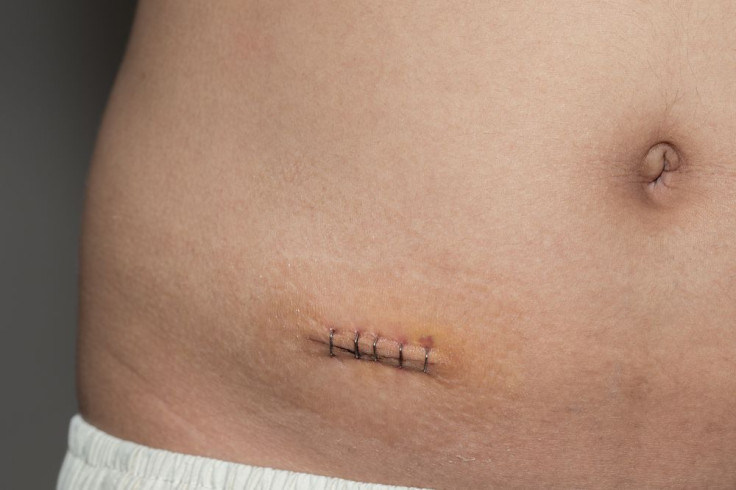Appendectomy Trumps Antibiotics, But Drugs Work Fine For Most Cases Of Acute Appendicitis

When the appendix becomes inflamed and filled with pus, we call this appendicitis, and it is one of the most common reasons for an emergency surgery. More than 300,000 appendectomies are performed in the United States annually. However, appendicitis in some cases also may be treated with antibiotics. In a head-to-head comparison of surgery versus antibiotics, researchers found surgery to be the superior fix.
“Nevertheless, the majority (73 percent) of patients with uncomplicated acute appendicitis were successfully treated with antibiotics,” noted the authors in their conclusion. Seems there's room for choice.
Remnant from the Past
The appendix is a finger-shaped pouch that projects from the colon, yet it is not directly involved in digestion of food or processing of waste. In fact, this strange body part appears to serve no purpose. Some scientists hypothesize this unusual little pouch may act as a sort of reserve silo for good bacteria, ready and waiting to infuse the digestive tract with replacement bacteria following a diarrheal illness. Other scientists believe the appendix is simply one of evolution's remnants, a previously necessary and functional body part that is no longer needed — after all removing it causes no observable changes in a person's health.
Once inflamed, though, the appendix is quite dangerous and so many doctors automatically suggest it be removed. In fact, for more than a century, an appendectomy has been the standard treatment when appendicitis strikes. While generally people have no problem with this procedure, major surgery can result in post-operative complications. For this reason, some doctors (and patients) would prefer a course of antibiotics when treating uncomplicated acute appendicitis.
How do these two very different treatments for appendicitis stack up in a head-to-head test? This was the simple question posed and answered by Dr. Paulina Salminen of Finland’s Turku University Hospital and her colleagues.
Comparison
To begin this comparison study, Salminen and her colleagues randomly assigned 530 patients, all diagnosed with uncomplicated acute appendicitis, to receive either antibiotic therapy for 10 days or a standard appendectomy. Since the benefits from avoiding surgery are substantial, the researchers deemed a 24 percent failure rate or less qualified the antibiotic treatment as equal to an appendectomy.
Of the 273 patients assigned to surgery, all but one underwent successful appendectomy, resulting in a success rate of 99.6 percent. Of the 256 patients assigned to the antibiotic group, 186 (72.7 percent) did not require appendectomy. However, 70 patients (or 27.3 percent) in the antibiotic group required surgical intervention within one year.
In the end, antibiotic treatment for uncomplicated acute appendicitis failed to meet the parameters set up by the researchers. However, it made a good showing, so patients with uncomplicated acute appendicitis should use this evidence to make an informed decision between antibiotic treatment and appendectomy.
Source: Salminen P, Paajanen H, Rautio T, et al. Antibiotic Therapy vs Appendectomy for Treatment of Uncomplicated Acute AppendicitisThe APPAC Randomized Clinical Trial. JAMA. 2015.
Published by Medicaldaily.com



























